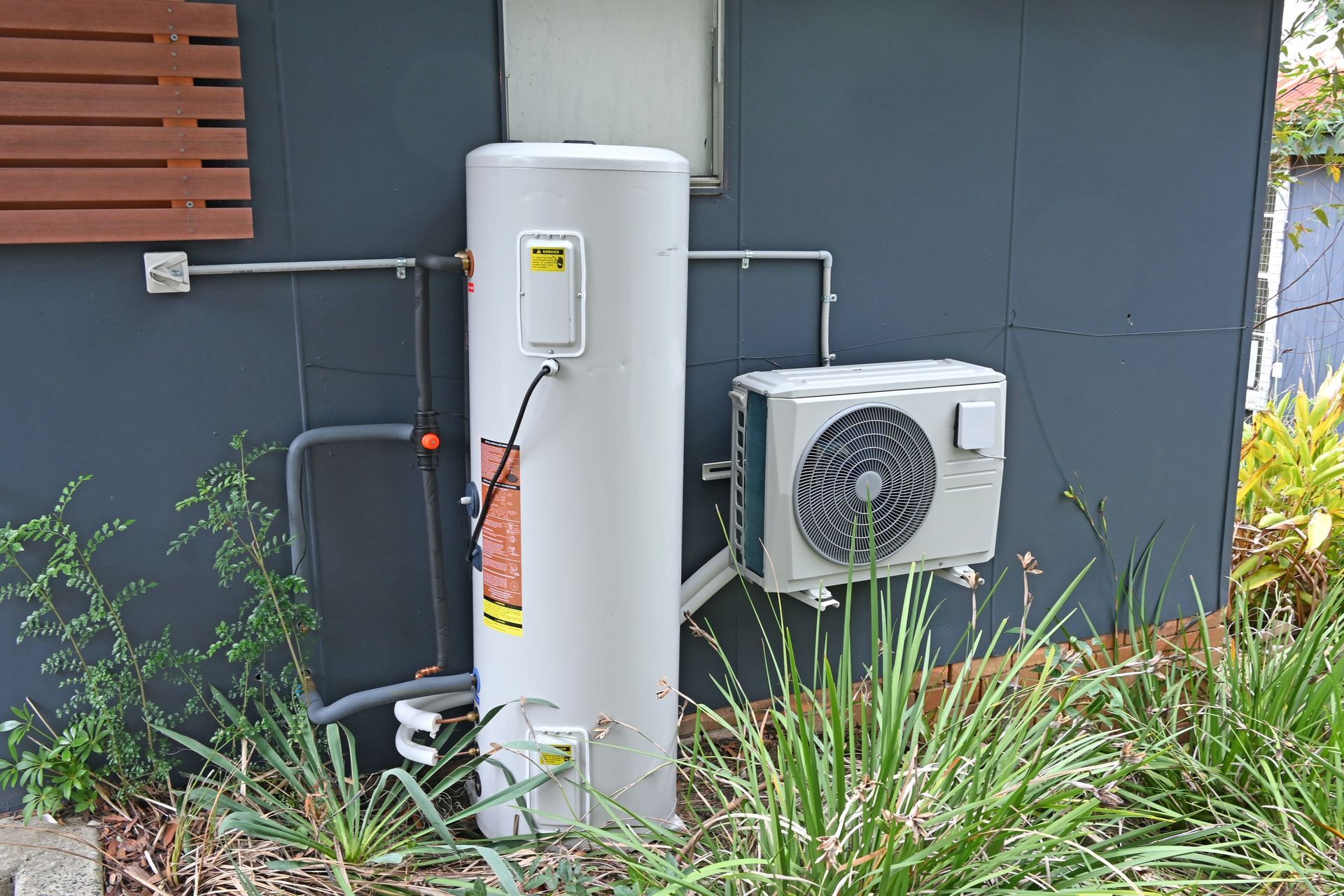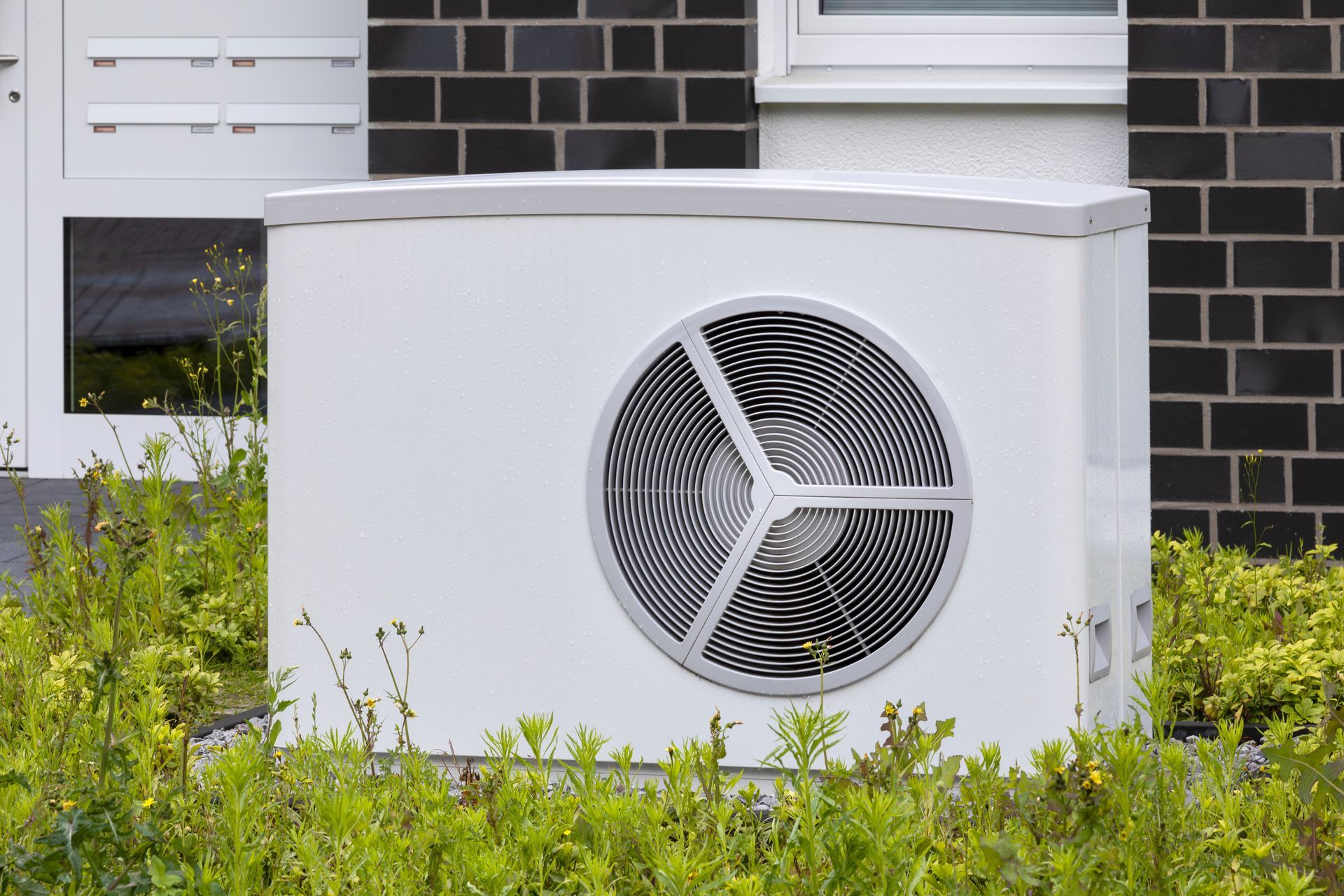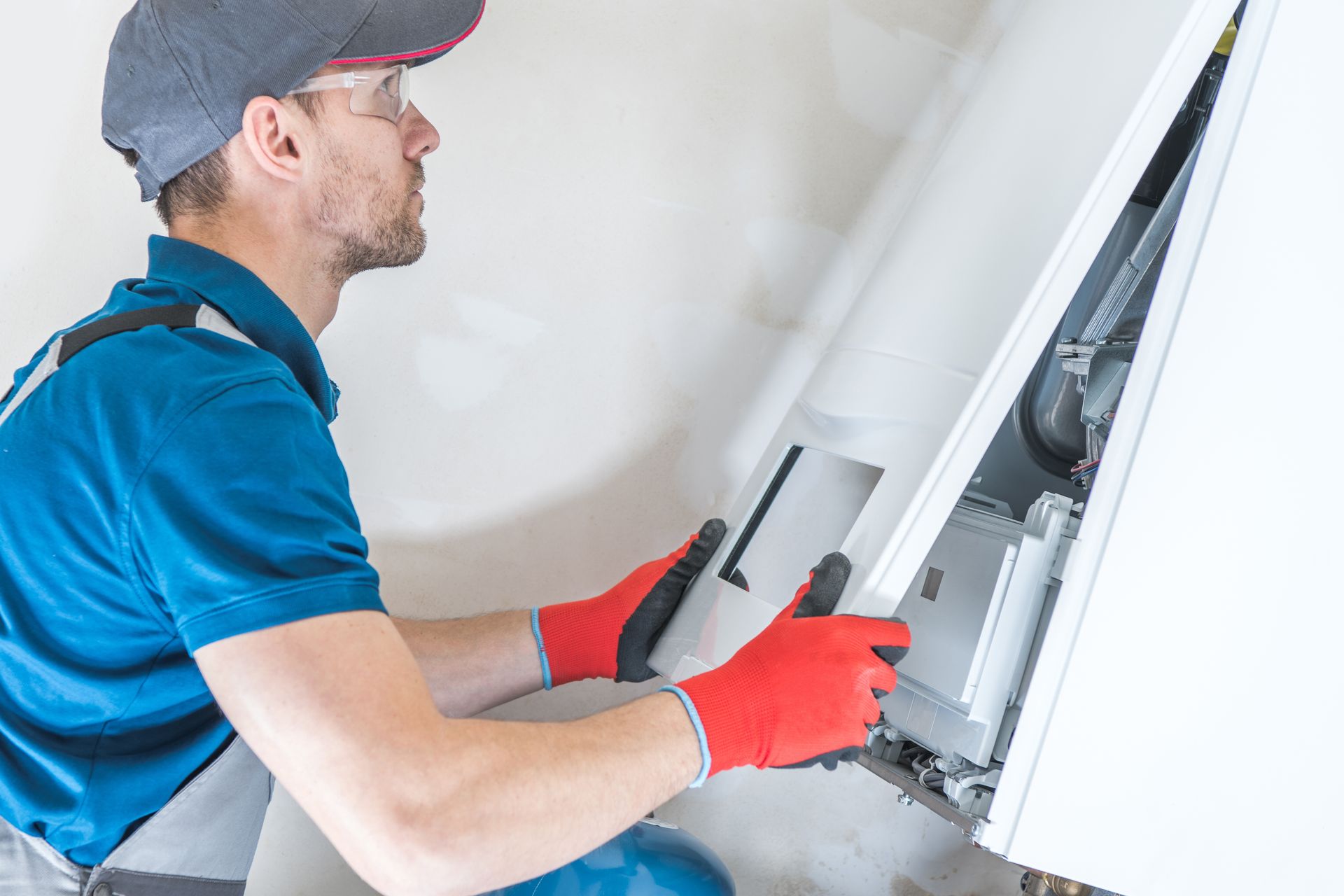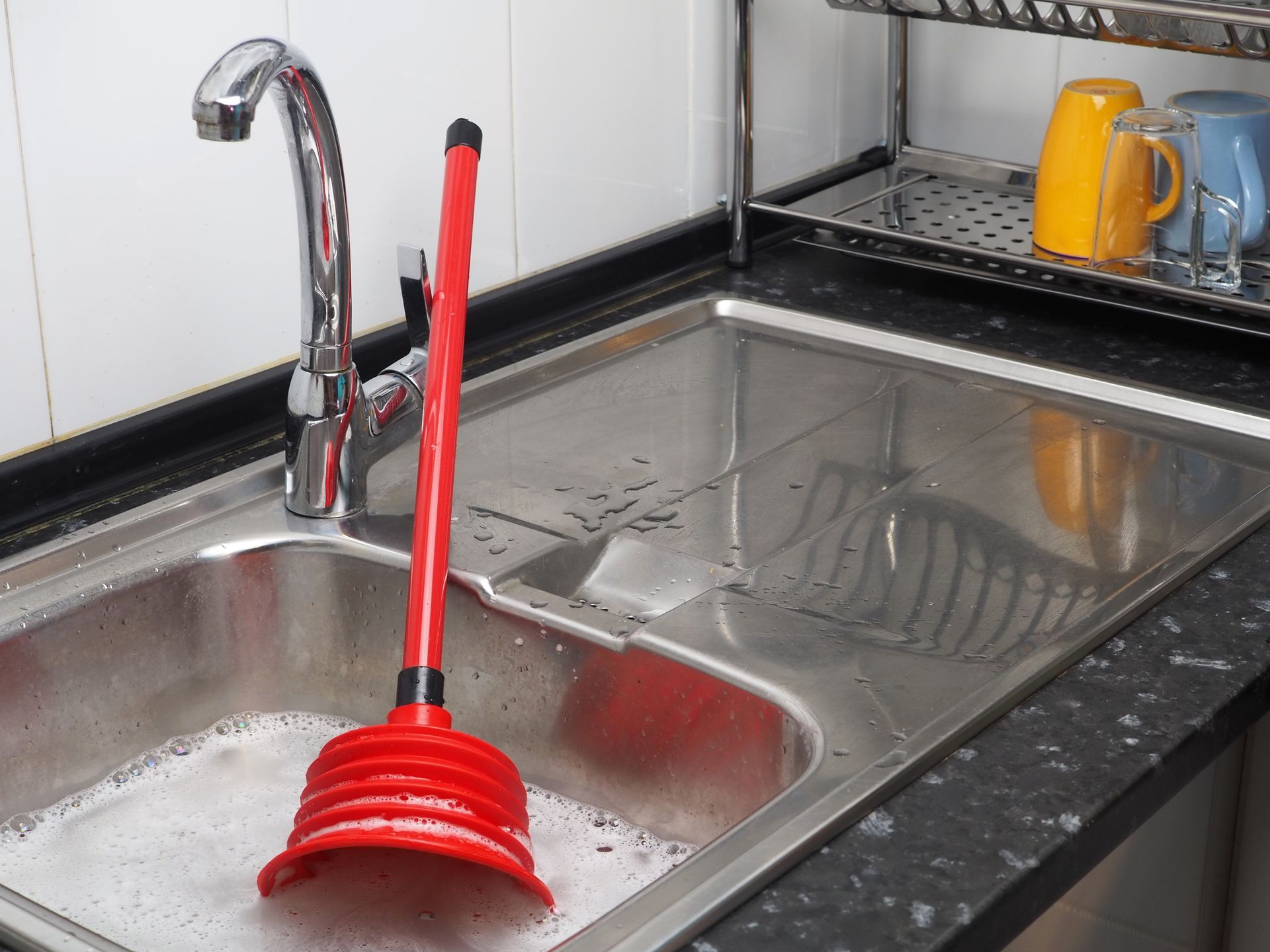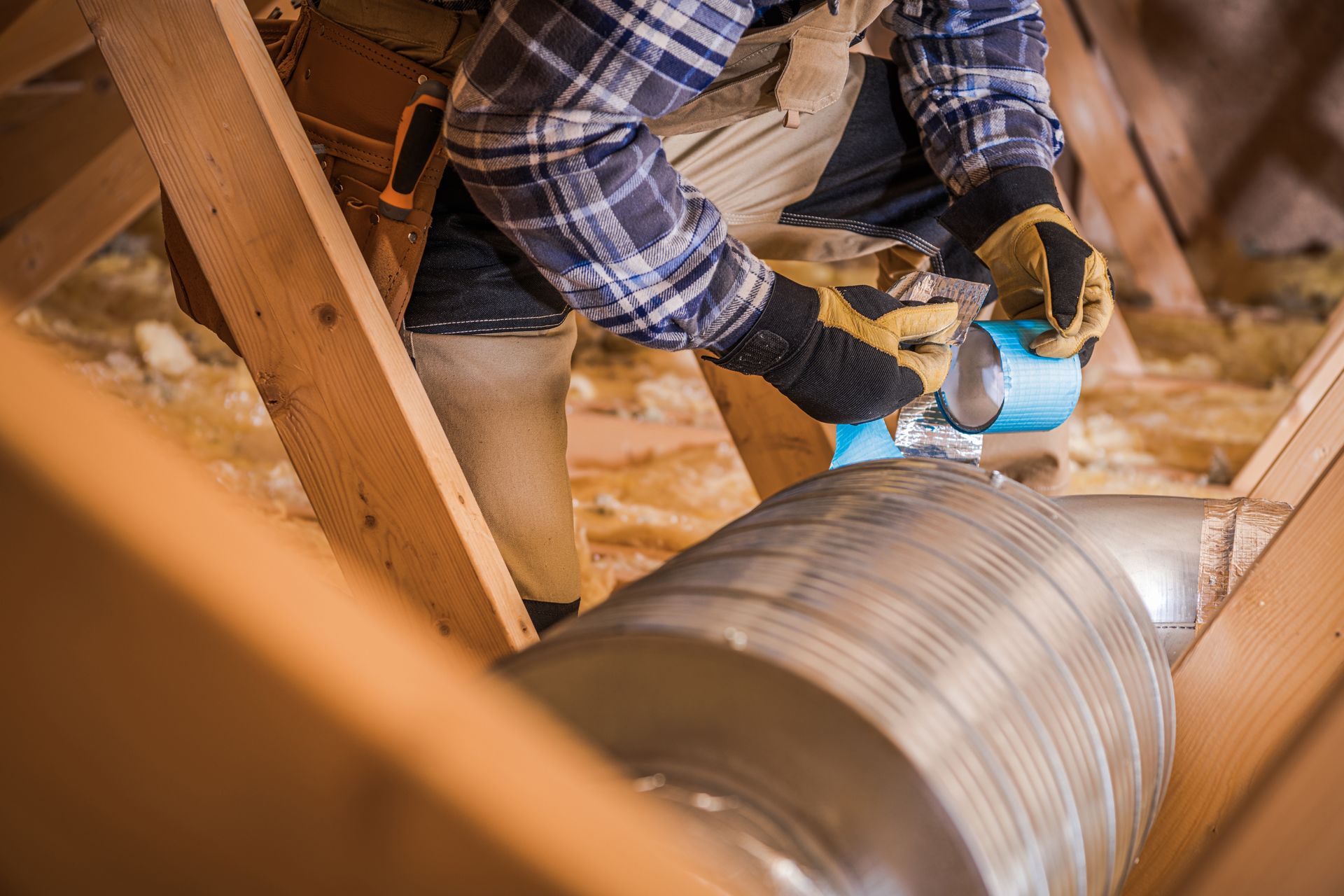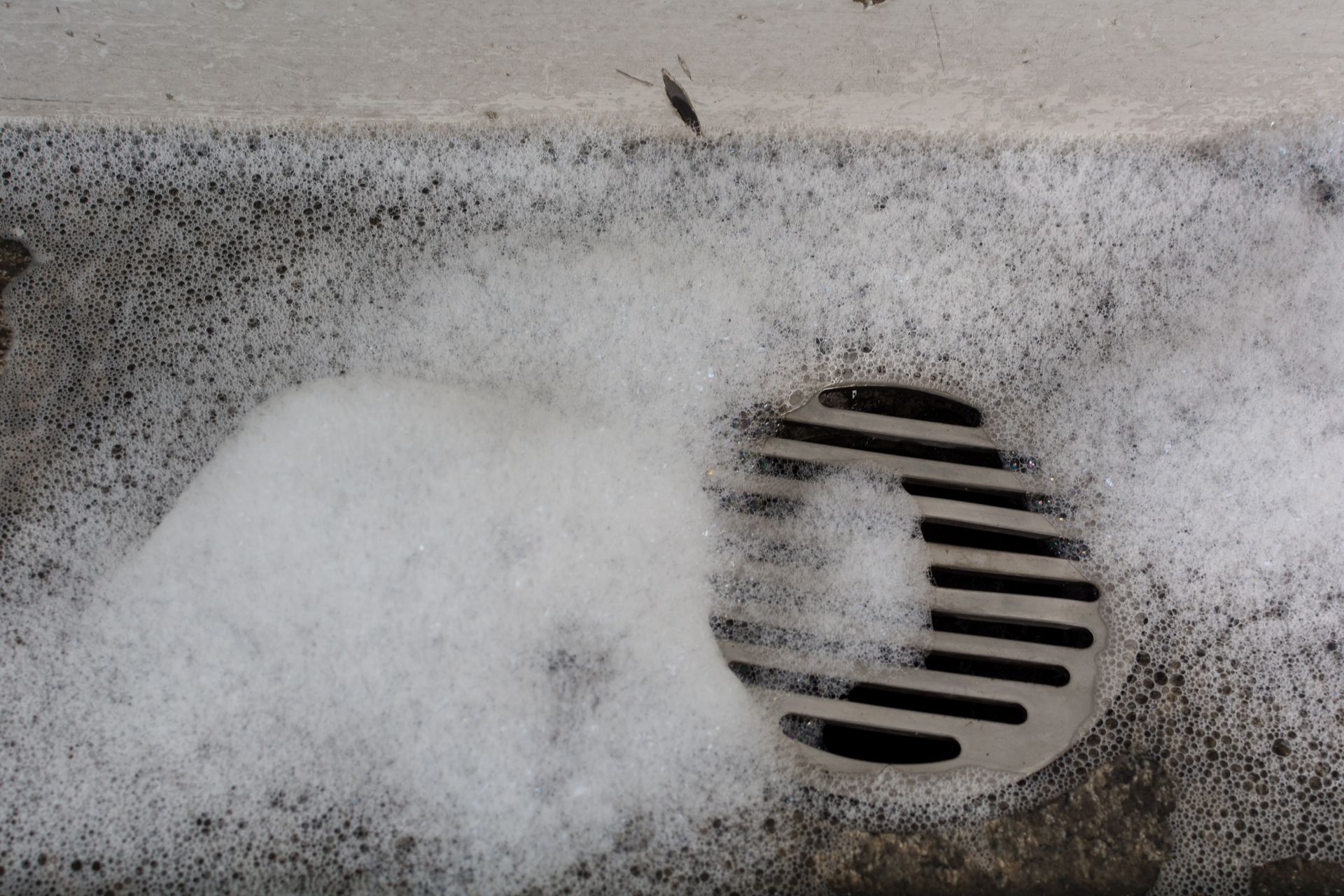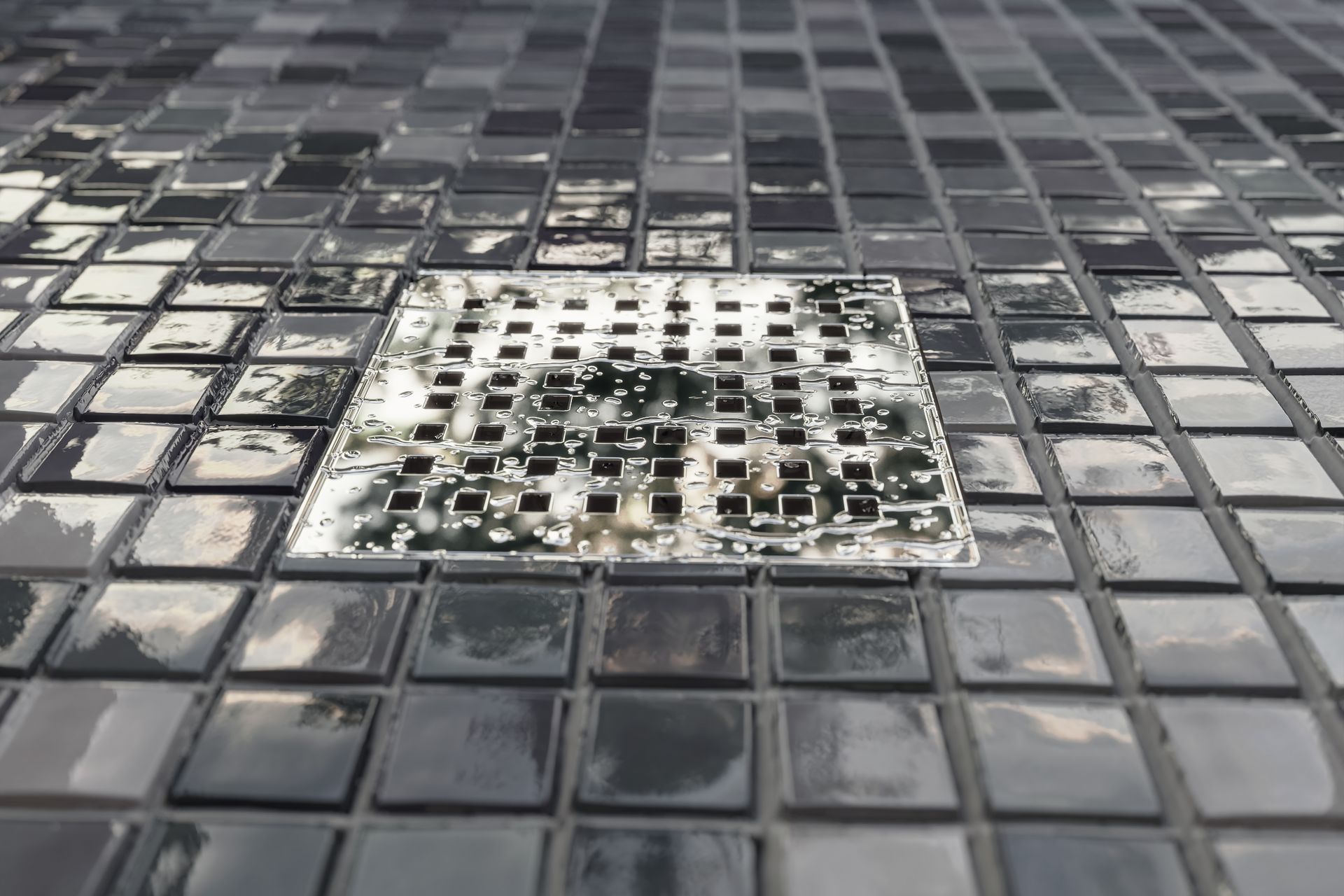Why Is There Dark Gunk Under My Faucet?
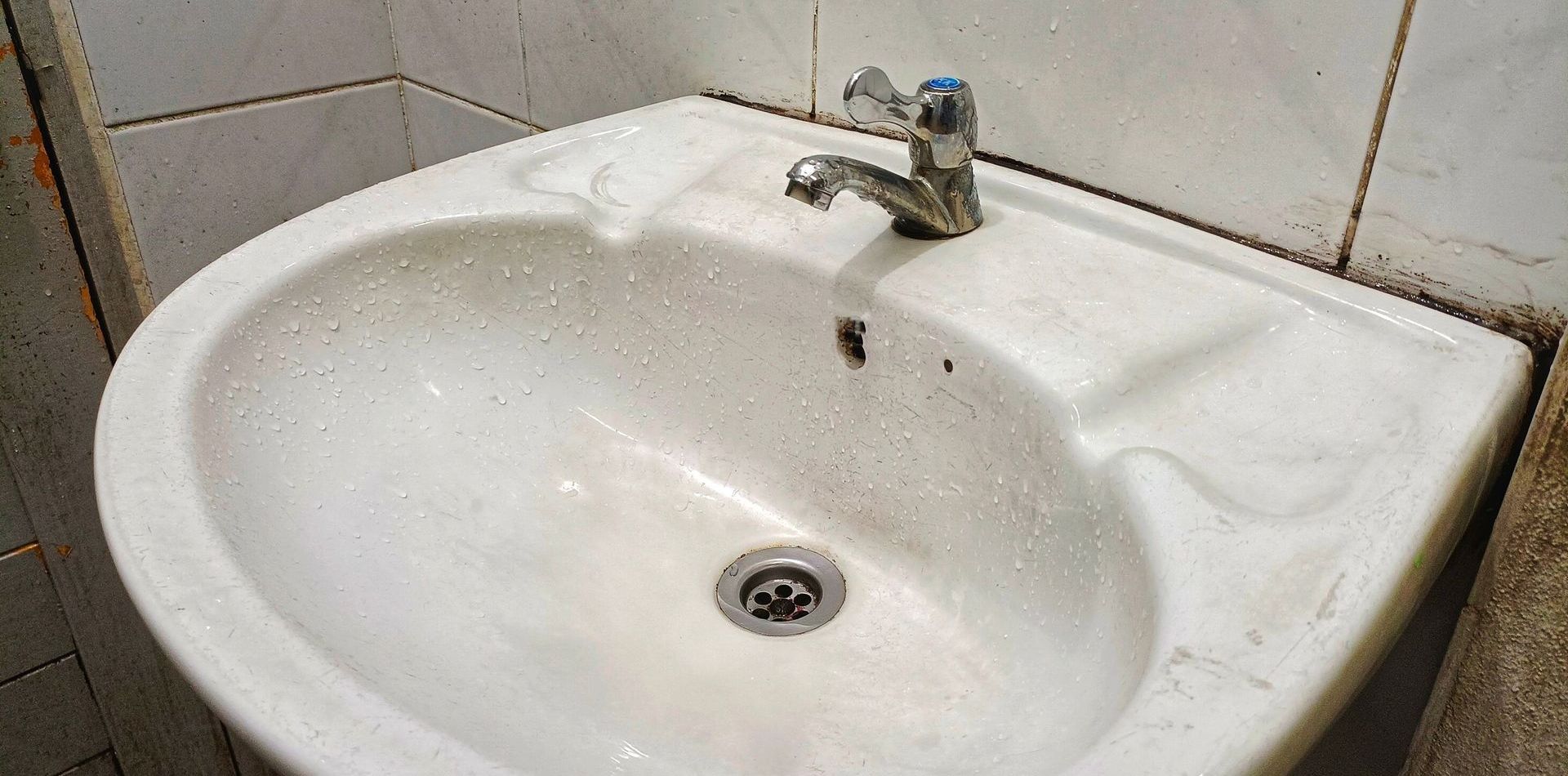
When you spend time in your bathroom, you start to notice the little things – and for some homeowners, something unusual might catch your eye: black slime lurking around the faucet. While it’s unpleasant to look at, this gunky buildup is surprisingly common in the South, particularly in central Georgia homes. So, what exactly is this black slime – and more importantly, how do you get rid of it?
The Truth About This Strange Buildup
It turns out the culprit is oxidized manganese; a naturally occurring mineral found in Georgia. Typically, manganese is found in small amounts of our state’s water supply. When exposed to air, the mineral undergoes a chemical reaction known as oxidation, which causes it to darken and take on a black or brown appearance. Over time, oxidized manganese can build up around faucets, showerheads and toilets, leaving an unsightly residue behind.
Does Oxidized Manganese Pose Any Danger?
Although this dark residue may look alarming, it’s generally not a cause for concern. In small amounts, as typically found in Georgia’s water supply, manganese is considered safe for both humans and pets. In fact, it’s a trace mineral that the body needs in very small quantities to support functions like bone development and metabolism.
However, some bacteria can feed on oxidized manganese, which may contribute to biofilm buildup in plumbing systems. While these bacteria are usually harmless, their presence can lead to additional staining and may create an environment where other, more problematic microbes could thrive if left unaddressed.
How Can I Eliminate Oxidized Manganese To Prevent Slime?
Fortunately, there are several ways to reduce manganese in your water supply. If you rely on well water, options like oxidation systems and whole-house water softeners can be effective. Even if you're connected to city water, hard water may still be an issue – making a water softener a smart solution for your home.
Although water softeners offer a long-term solution for tackling black slime, they do require proper sizing, installation and upkeep. It’s also worth noting that since manganese is naturally present in Georgia’s groundwater, small amounts are likely to make their way into the water supply, according to the
University of Georgia Cooperative Extension.
If the slime buildup is minimal and not overly bothersome, routine cleaning might be the simplest way to manage it. For some homeowners, periodically flushing the home’s plumbing system can also help reduce or temporarily eliminate the presence of black slime.
Cleaning Oxidized Manganese: Tips for Tackling Black Slime at the Tap
- Oxidized manganese can be cleaned off by gently scrubbing your faucet with a cloth and dish soap, which will effectively remove the slime, but may not reduce staining.
- To tackle the stains, try using a mixture of vinegar and water (apply gently to avoid damaging your faucet's finish)
- Alternatively, a baking soda and water paste can also help lift stains without harming the surface – just be sure to use a light touch when applying.
What Signs Should You Watch For?
Although black slime is not a health hazard, black mold is. While they may look alike, black mold typically appears dark green or black, whereas slime can range from brown to black. Mold also tends to have a spotted or patchy appearance.
Black mold poses a health risk because its spores can trigger allergic reactions in certain individuals, according to an article from the Centers for Disease Control and Prevention (CDC.) The most common symptoms include:
- Sneezing
- Runny or stuffy nose
- Cough and postnasal drip
- Itchy eyes, nose and throat
- Watery eyes
- Dry, scaly skin
If you or someone you live with has asthma, black mold can be particularly dangerous, since the fungus’s spores trigger asthma attacks, leading to symptoms such as coughing, wheezing, shortness of breath and chest tightness.
If you think there may be mold growing in your faucet, you should reach out to a mold removal expert. They can safely eliminate any mold found in your home.
To reduce the likelihood of mold growth, it's crucial to monitor for any leaks. Even though a leaking faucet may seem minor, if ignored, it can create conditions for mold to develop. Additionally, faulty faucets can lead to higher costs over time – a faucet that drips every five seconds could waste up to 400 gallons of water annually, increasing your water bills.
Looking for Professional Plumbers? We’re Here To Help!
If you’re a central Georgia homeowner looking for a professional plumber, we're here to help! Buzzell Plumbing, Heating and Air Conditioning proudly serves homeowners in Warner Robbins and Macon.
Our team of dedicated plumbers can assist you with all your plumbing needs. To schedule a visit, give our team a call at 478-209-2591. To learn more about our other services including HVAC repair and maintenance, visit our website by clicking the link
here.
